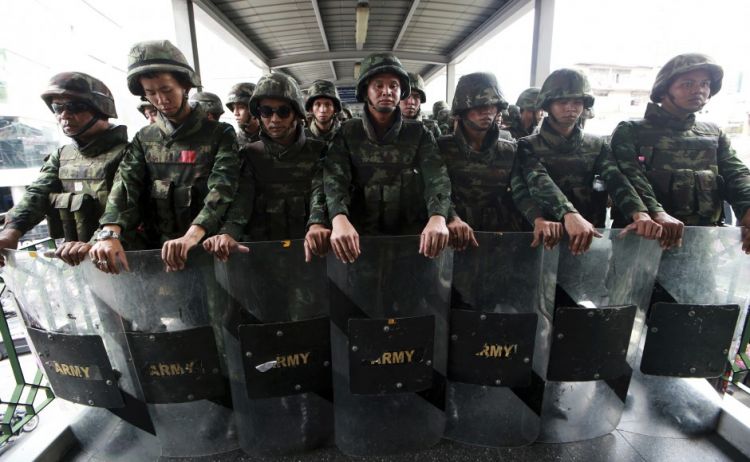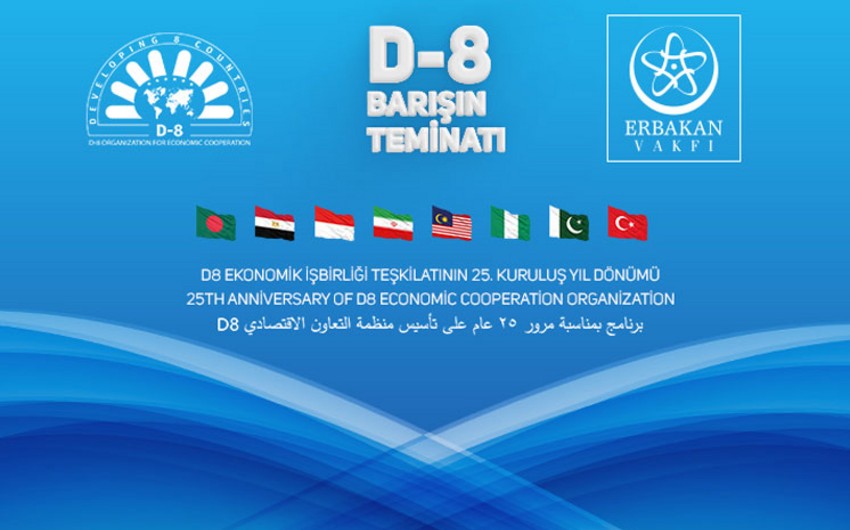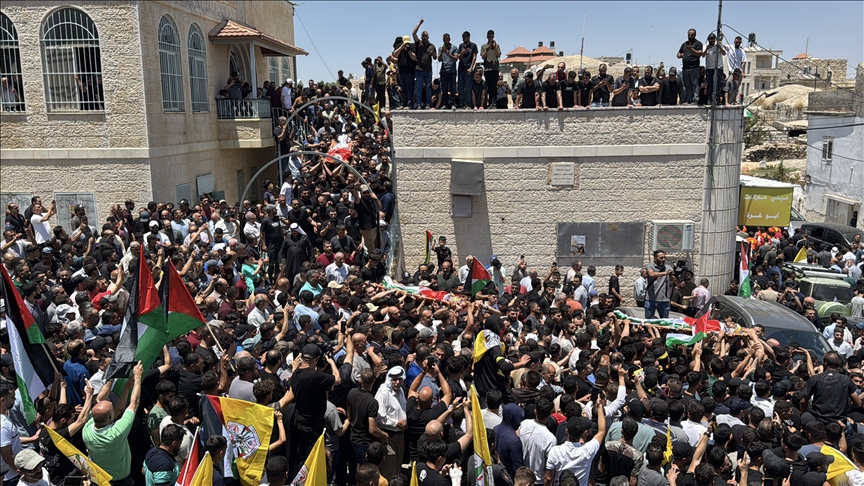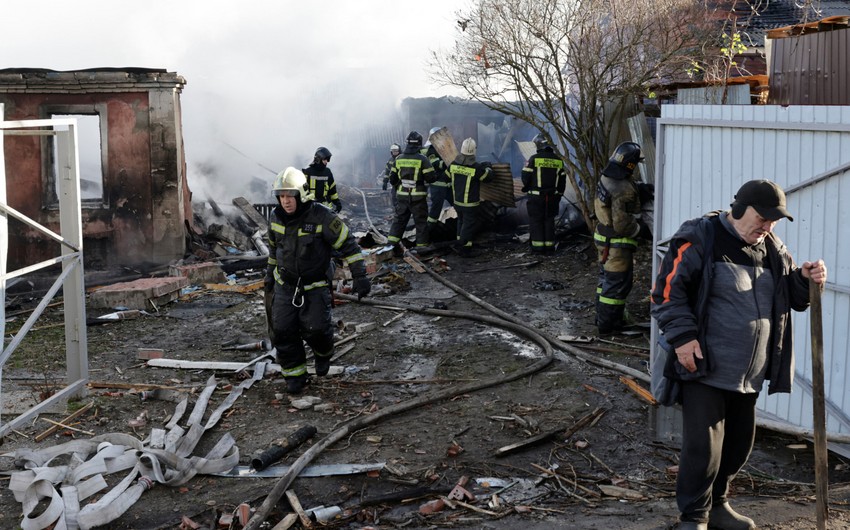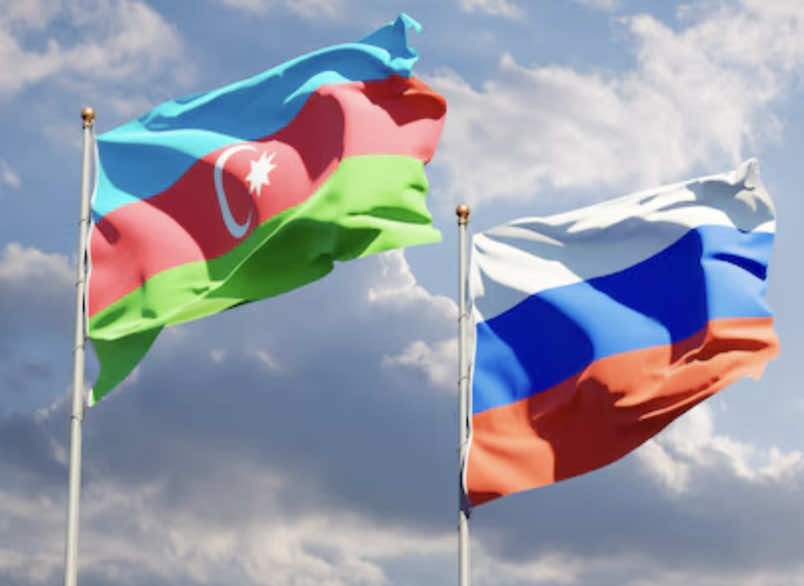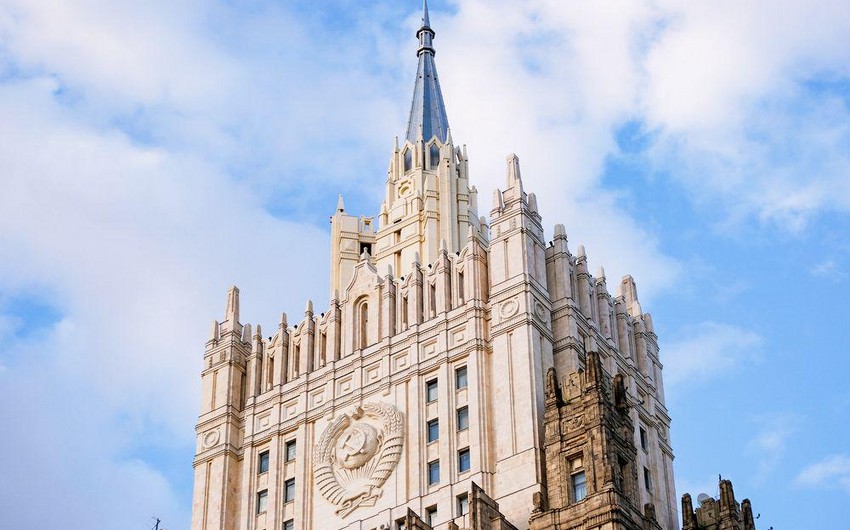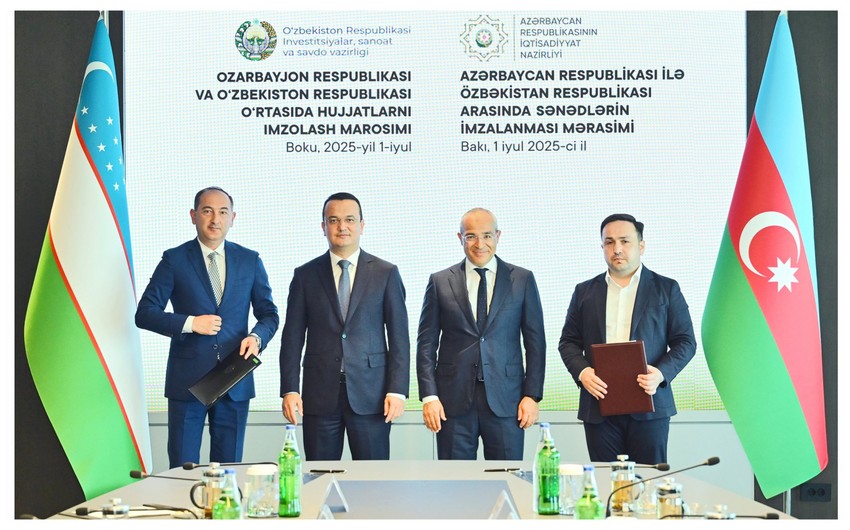Thai government’s intolerance of political criticism and dissenting opinions points to the country sliding into the embrace of dictatorial rule, contrary to its promised transition to democracy, a rights watchdog says.
Human Rights Watch Asia director Brad Adams said on Monday the junta’s record on freedom of expression has been poor, as the authorities have repeatedly harassed and prosecuted people for their speech, writings and Internet postings critical of the government.
“The junta should cease using its draconian laws to silence and punish critics,” Adams said in a statement.
After seizing power in a 2014 coup, the military promised to bring an end to years of political turmoil, restore order and pave the way for a return to democracy.
The reality, however, has been somewhat different. According to Adams, the ruling National Council for Peace and Order (NCPO), in its clampdown on dissent, has frequently silenced and jailed peaceful critics, including a growing group of activists who are using Facebook to poke fun at the junta.
Activists have been charged under the heavy-handed Computer-Related Crime Act merely for mocking Thailand’s Prime Minister Prayuth Chan-ocha on Facebook, as in the case of prominent anti-corruption activist Veera Somkwamkid.
“The junta can’t even take some mockery on Facebook without throwing someone in jail,” Adams said.
On March 9, authorities filed an arrest warrant against Veera under the Computer-Related Crime Act in relation to a satirical questionnaire on his Facebook page.
The questionnaire asked which of the promises in the junta’s theme song Returning Happiness to Thailand, composed by Prayuth, had been fulfilled. Most of the 123 participants who answered Veera’s questions responded “None”.
Veera was also accused of reporting false information about the junta’s popularity, but the activist maintains it was a response to polls published by pro-government survey institutions that showed strong popular support for Prayuth.
Adams said Thailand had ratified The International Covenant on Civil and Political Rights (ICCPR), which “prohibits restrictions on freedom of expression on national security grounds unless they are provided by law, strictly construed, and necessary and proportionate to address a legitimate threat.”
“Laws that impose criminal penalties for peaceful expression are of particular concern because of the chilling effects they have on free speech,” Adams said.
Soon after Veera was charged, a Thai delegation told the Human Rights Committee during the review of the country’s obligations under the ICCPR the government respects freedom of expression.
“Thailand’s friends should not only press for Veera’s release, but for the government to stop persecuting people for expressing their peaceful views,” Adams said.
In a media interview last April, Prayuth said he would order officials to take legal action against anyone participating in mocking him on social media.
“I will prosecute them all. They can’t make fun of me … My legal team already has their eyes on these people. What they do is illegal.”
Soon after, on April 27, 2016, Thai authorities arrested eight people for being involved with a parody Facebook page “We Love General Prayut.” The group comprised activists Natthika Worathaiyawich, Harit Mahaton, Noppakao Kongsuwan, Worawit Saksamutnan, Yothin Mangkhangsanga, Thanawat Buranasiri, Supachai Saibut and Kannasit Tangboonthina.
Charged with sedition at the Bangkok Military Court, the group faces a seven-year sentence and additional punishment for committing computer-related crimes.
Prior to their arrests, authorities detained Thai Rath newspaper’s prominent cartoonist Sakda Sae-iao, known by his pen name Sia.
Sia was put through the junta’s “attitude adjustment” programme for drawing editorial cartoons satirising Prayuth’s speech at the United Nations General Assembly, in which the junta leader pledged to uphold human rights despite repression still a daily reality in Thailand.
Following the detention, Sia was also warned of legal action if he continued to criticise Prayuth or other junta members.

